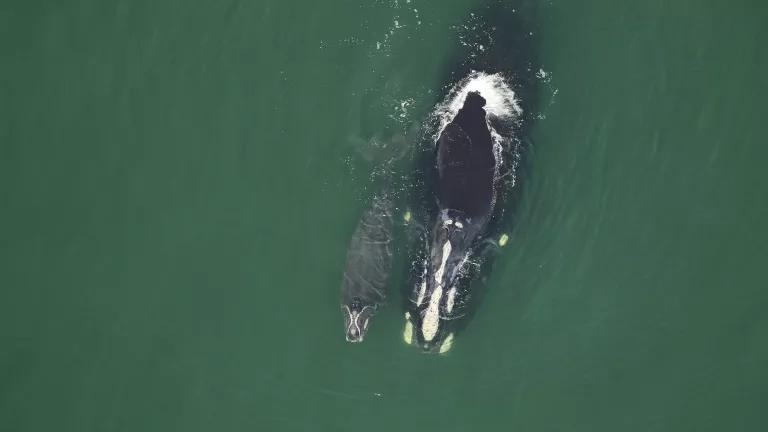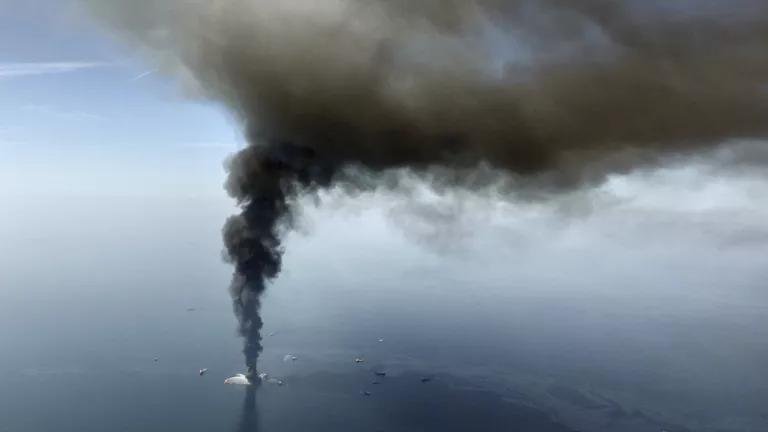Court Orders Ban of Imported Seafood Caught With Deadly Gillnets to Save Mexico’s Vaquita Porpoise

With as few as 15 vaquitas left in the wild, the action comes not a minute too soon.
Throwing a lifeline to the critically endangered vaquita porpoise, the U.S. Court of International Trade sided with conservation groups today and ordered the Trump administration to ban Mexican seafood imports caught with gillnets—the primary threat to the tiny porpoise.
The ruling is in response to a lawsuit filed earlier this year by NRDC, the Animal Welfare Institute, and the Center for Biological Diversity, which argued that the Marine Mammal Protection Act (MMPA) requires the federal government to step in when international fishing practices kill marine mammals at a rate that violates domestic standards. With half of the vaquita population drowning each year in Mexican gillnets—which kill marine animals indiscriminately—the mortality rate far exceeds the bar for U.S. action.
“Collectively, our organizations have spent over a decade working to save the vaquita, and never has extinction felt so close,” said Giulia Good Stefani, an NRDC staff attorney who argued the case in court, “but now the world’s smallest and most endangered porpoise has what may be its very last chance.”
As few as 15 vaquita porpoises now remain in the wild. For 20 years, Mexico refused to protect the species, ignoring repeated scientific recommendations and allowing vaquitas to reach the brink of extinction. “That has to change or we’ll lose these animals forever,” said Sarah Uhlemann, international program director at the Center for Biological Diversity.
The ban covers a wide range of seafood products—including shrimp, Spanish mackerel, and bigeye croaker—from Mexico’s commercial fisheries within the vaquita’s habitat range. In 2017 alone, the United States imported more than 1,400 tons of Mexican fish and shrimp caught with gillnets, valued at roughly $16 million. “These economic sanctions are painful but necessary,” Uhlemann said.
The court’s decision is a significant win on multiple fronts. It supports much-needed vaquita porpoise rehabilitation while affirming the power of our bedrock conservation laws.
“This ruling is a vindication of a key objective of the MMPA,” said Kate O’Connell, marine animal consultant at the Animal Welfare Institute, “and ensures that the U.S. market will not hasten the extinction of an endangered species.”



